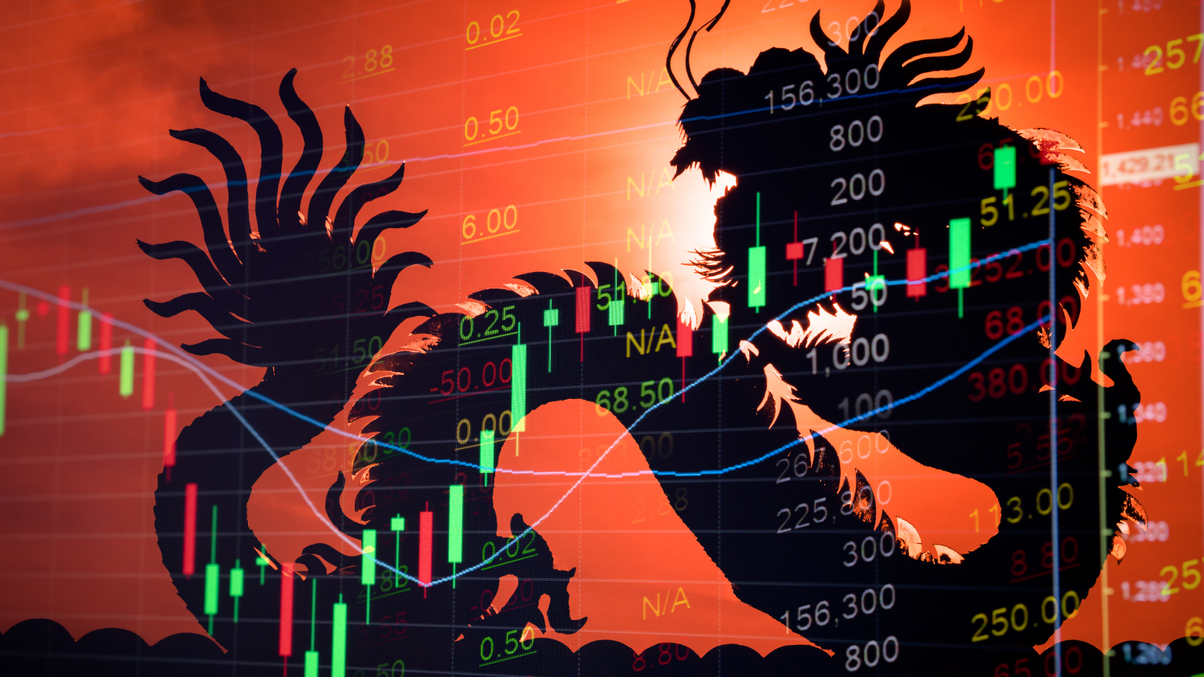Megatrends: Why instos will keep adding China A-shares
The growth of China's economy is set to underpin the appeal of its local equity market for the coming decade, despite shorter term political and manufacturing concerns, say experts.

As part of its 20th anniversary magazine edition, AsianInvestor has targeted five key areas that investors will need to prioritise over the coming decade. Below, we offer an analysis on how China's economic growth and influece will impact the appeal of its stock market in the years to 2030.
Over the coming decade, China is going to rise as an investment destination. And its equities market looks set to lead that.
While political complications are making such a shift difficult today, the Covid-19 pandemic may in the longer term offer an encouraging reason for international asset owners to accelerate plans to consider how best to invest in the country.
China was the first major economy to start relaxing social distancing measures and its equity market initially outperformed the rest of the world when Covid-19 first became a pandemic (the US equity market has since recovered almost all its losses too). Most recently, it reported economic growth of 3.2% for the second quarter, making it the fastest growing major economy in the world for that three-month period. Over the same time the US reported an annualised GDP drop of 32.9%.
That underlines the importance of having China exposure in any major institutional portfolio.
Alexander Treves, head of the emerging market for Asia Pacific equity investment specialist team at JP Morgan Asset Management, told AsianInvestor: “We’re having plenty of conversations with clients who either want updates on Asia or are interested in increasing their exposure to China generally.”
Indeed, China’s increasingly central role in the global economy and supply chain supported soaring economic growth for 20 years. But there is a bad side to that too: Covid-19 has underlined how dependent other nations have become on China to produce goods they need.
Spooked by factory shutdowns in China, the Japanese government has earmarked $2 billion to help companies shift production home, although many of these businesses say doing so would be both impractical and uneconomical.
Similarly, Australia’s government has promised to nurture local medical manufacturing capabilities, while US tech company Apple could shift up to a fifth of its China-based manufacturing to India.
Any equity market, including A-shares, is driven by “growth” in corporate earnings and economic activities, so a ‘de-Sinicisation’ of production would pose sizeable risks to A-share valuations, Law Ka-chung, adjunct professor in economics and finance at City University of Hong Kong, told AsianInvestor.
PERSISTENT INFLOWS
For all these concerns, global asset owners will buy more A-shares if their weighting in benchmarks from MSCI and its peers keeps rising.
If MSCI China fully includes A-shares, foreign institutional ownership in China’s A-share market would rise from to about 10% in a decade, versus 3% today. That would be a similar level to Korea, said Adrian Chan, director for manager research on investments Asia at Willis Towers Watson.
A lot needs to change for that to happen. The Chinese authorities need to improve on several areas to raise inclusion above 20%, including better access to hedging and derivative instruments and other operational challenges in trading A-shares, a MSCI spokeswoman said in a reply to AsianInvestor.
Still, there remain many compelling reasons to invest in China’s A-shares. China’s economy may be slowing, but it’s likely to grow faster than those in the US or European Union. Plus, it is opening its financial markets.
But the reassessments being caused by Covid-19 could have major consequences. Asset owners will want to target strong growth areas within China, but that requires careful consideration.
China is big and complex. Increasingly, investing into it will be, too.
This story was adapted from a feature article as part of our 20th anniversary edition of AsianInvestor magazine, published in late June.
Sign in to read on!
Registered users get 2 free articles in 30 days.
Subscribers have full unlimited access to AsianInvestor
Not signed up? New users get 2 free articles per month, plus a 7-day unlimited free trial.
¬ Haymarket Media Limited. All rights reserved.


